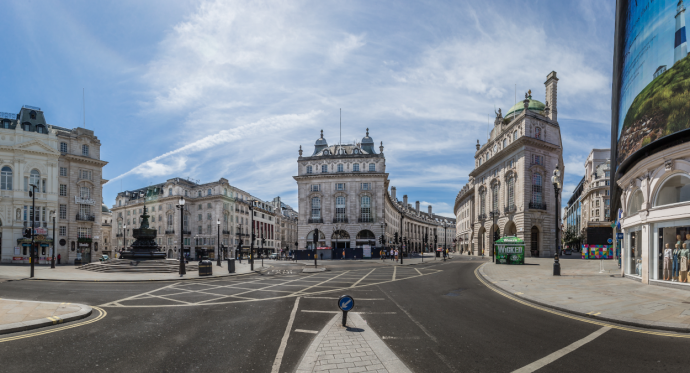Roberto Galbiati, Emeric Henry, Nicolas Jacquemet* and Max Lobeck**
This article was originally published in the October 2021 edition of the 5 papers…in 5 minutes.

At the start of the Covid 19 vaccination campaign, public debate in France was largely focused on the risk of great resistance to it among the population, creating fears of significant difficulties in rolling out the vaccine in timely fashion. This kind of reasoning, which assesses the direct effect that new rules will have on behaviour, ignores that rules can also affect behaviour indirectly by changing social norms. It is now well known that social norms are a key driver of compliance in behavior with the rules and laws decreed by governments, firms, and all forms of collective organisation: the respect for rules that entails material consequences if they are violated (in the form of fines and other sanctions) is considerably reinforced by prevailing norms within the group. Moreover, norms within a group are also likely to change as a consequence of new rules, either by a direct change to the norms (such as the radical change in attitudes towards passive smoking observed when smoking was banned in public places); or because the law gives everyone a more precise idea of the existing norm (when the change to the norm occurs purely because of an information channel).
This article by Roberto Galbiati, Emeric Henry, Nicolas Jacquemet and Max Lobeck exploited Johnson government’s sudden and largely unexpected decision to impose a general lockdown in March 2020, to measure the effect of the radical change to the rules on norms regarding social distancing among the British population. The study uses the results of a survey conducted in more than 60 countries across the world, which also measured the importance that respondents placed on various prevention tactics (their “normative assessments” of measures such as the ban on social gatherings, the injunction to wash hands often, and the like) and above all, their perceptions of the normative assessment of these measures among the general population (1). In comparison with changes observed in other countries, the lockdown decision in Great Britain, where it was largely unexpected, given the declarations that Boris Johnson had made in the days preceding it, led to a radical change in perceptions of norms relating to social distancing rules. By examining the responses to this survey in the days following the announcement of the lockdown, Galbiati, Henry, Jacquemet and Lobeck show that this announcement significantly increased the likelihood that their fellow citizens view positively the instructions to stay at home, to close shops, and not to participate in social gatherings. This change in perceived norms was not accompanied by any change in the individual normative assessments, that is, in their assessments of the appropriateness of various social distancing practices. This suggests that the law provided information about the dominant social norm and contributed to changing misperceptions about it.
(1) Thiemo Fetzer, Marc Witte, Lukas Hensel, Jon Jachimowicz, Johannes Haushofer, Andriy Ivchenko, Stefano Caria, Elena Reutskaja, Christopher Roth, Stefano Fiorin, Margarita Gomez, Gordon Kraft-Todd, Friedrich Martin Götz, and Erez Yoeli. 2020. “Perceptions of an Insufficient Government Response at the Onset of the COVID-19 Pandemic are Associated with Lower Mental Well-Being.”
………………..
References
Original title of the article: How Laws Affect the Perception of Norms: Empirical Evidence from the Lockdown
Published in: PLOS One, Sept. 2021
Available at: https://journals.plos.org/plosone/article?id=10.1371/journal.pone.0256624
Credits (picture): rodwey2004 – Shutterstock
* PSE Professor
* PSE PhD Student
